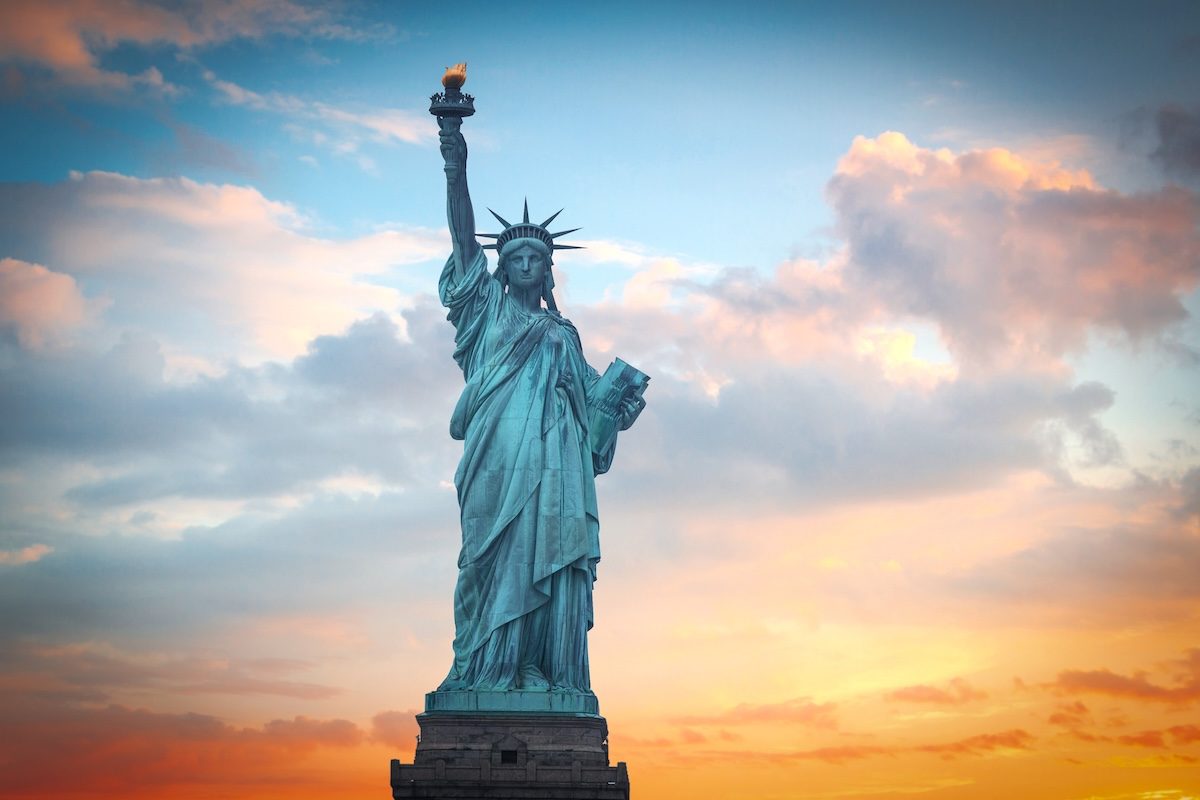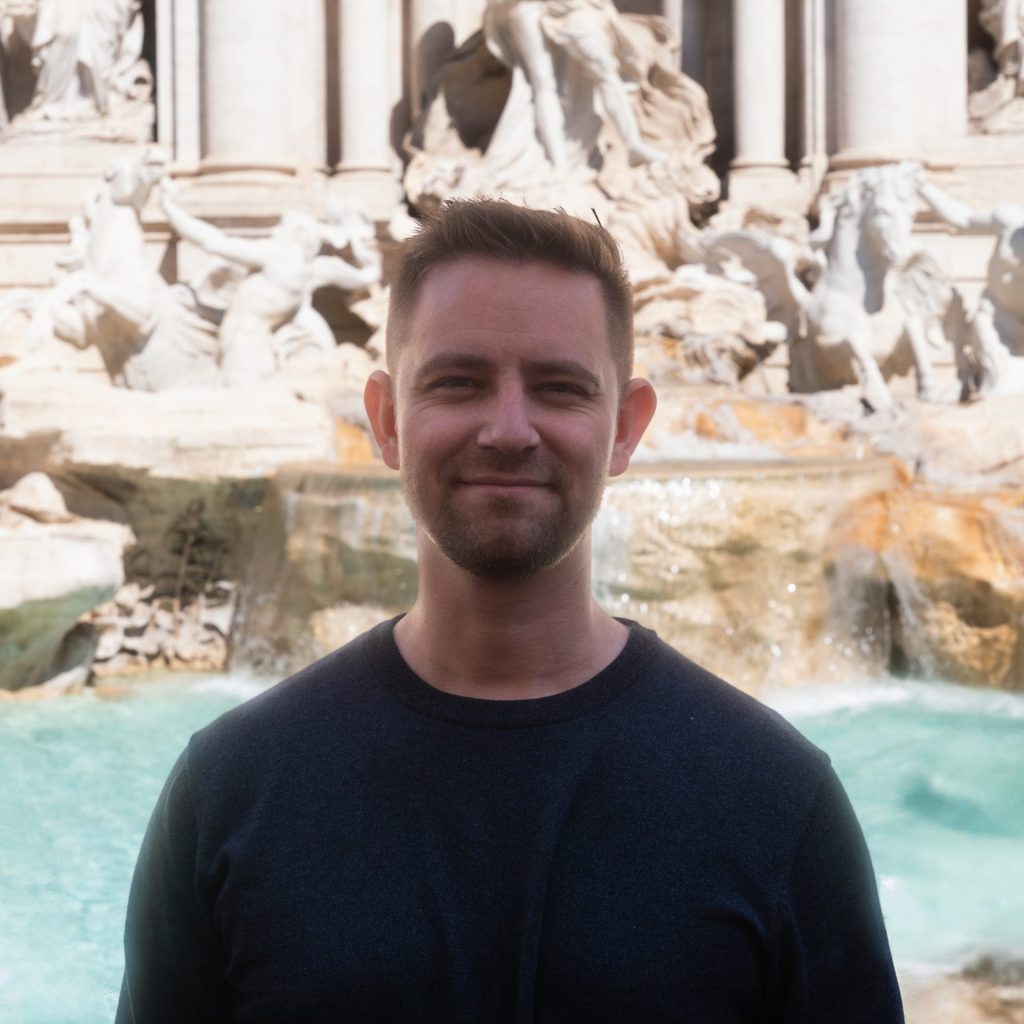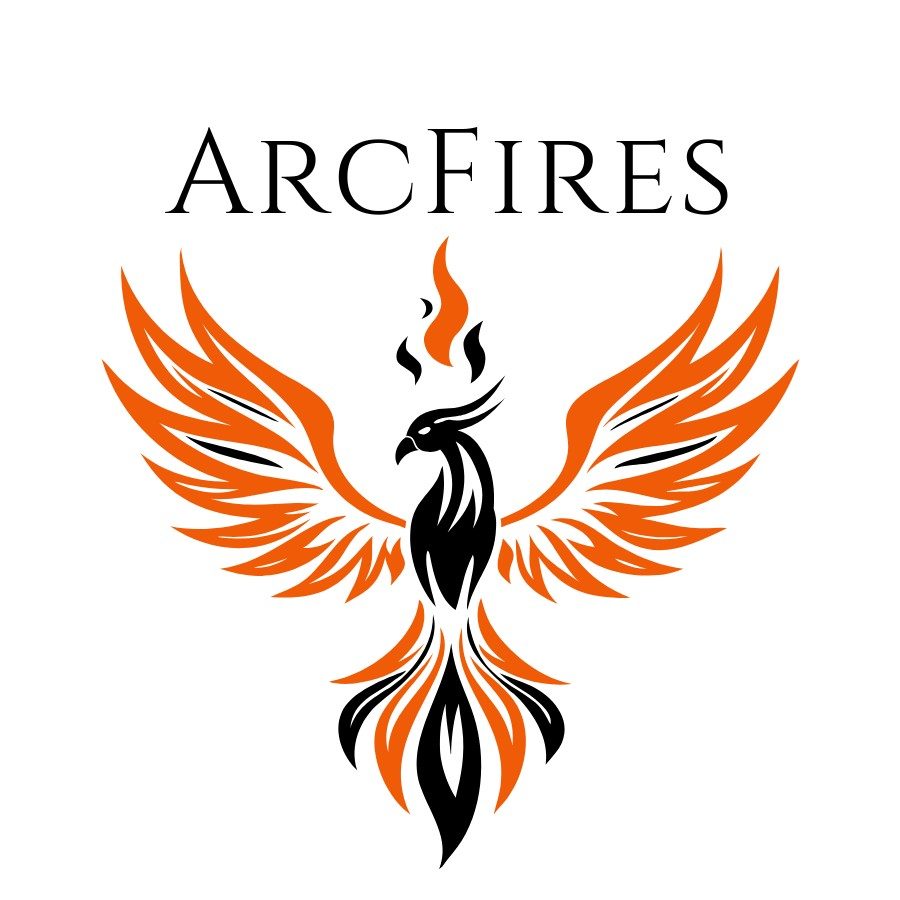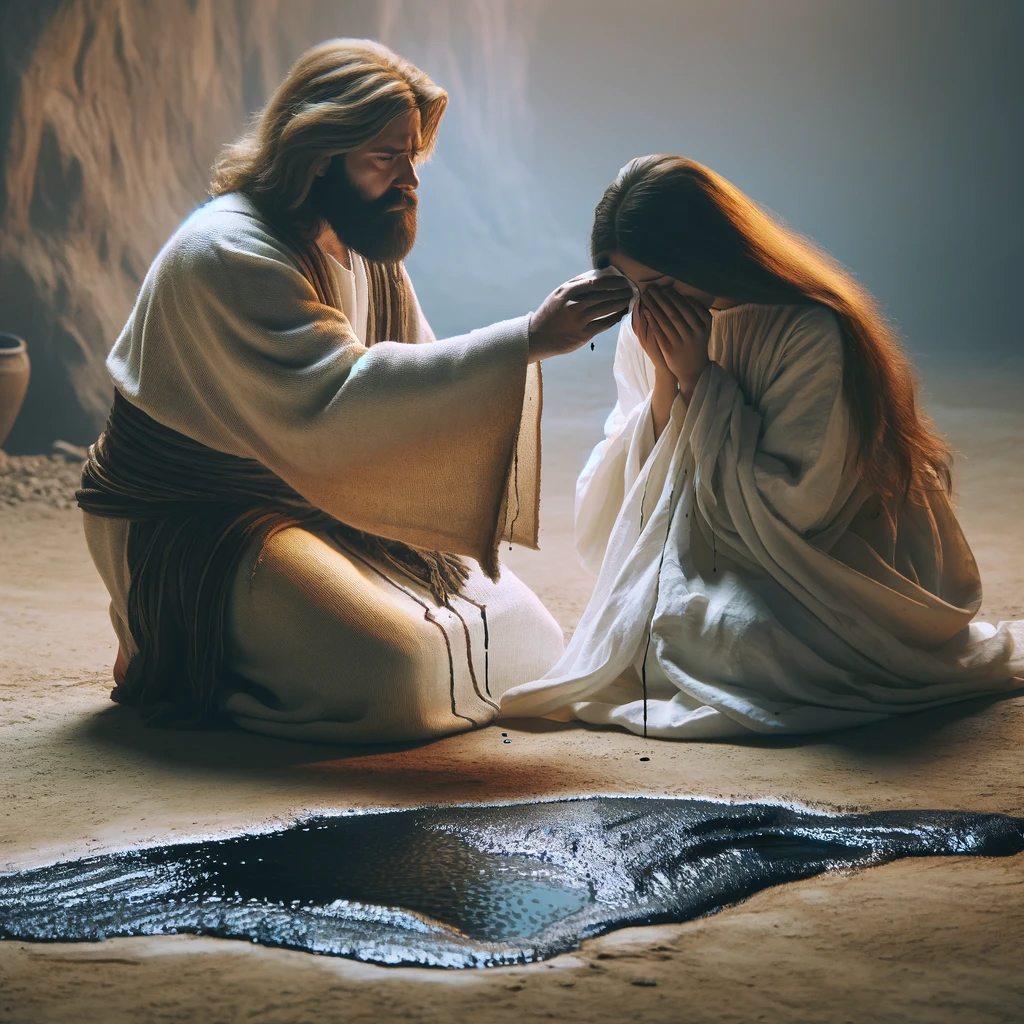This post has taken me years to write. I’m sure I’ll refine it in the future, but for now I believe this framework is important enough to publish in a raw, unpolished state. I know this is leaving much unsaid, but hopefully it’s a useful starting point. My goal is to make a complicated topic very succinct.
Two Big Problems
The first challenge I’ve had with defining these terms in a way everyone will agree on is that it seems nobody is universally regarded as the authority in defining those words and so we all just use our own definitions. That goes for political and religious leaders who also used the same terms in different ways. What I’ve found helpful is setting forward my definitions and not necessarily expecting others to agree, but offering it as a guide they can use to understand my own perspective in the things I’ve written. Hopefully they’ll come to the same conclusions as me that these are useful ways to define them.
Another problem I’ve run into is that there are like 20 separate senses or ideas that we’re trying to represent with 5 main phrases: free will, agency, rights, freedom, and liberty. So each word carries the burden of representing many ideas and few people can agree on exactly how to group those ideas.
My Process
Back in 2018-2019, I was frustrated by a pattern I saw among members of my faith where two people would use different quotes from the same religious leader to argue for completely opposite conclusions. By interpreting key words differently, the quotes would carry exactly opposite meanings. Surely the church leader wasn’t contradicting themselves, right?
I spent about 6 months studying each of these words as they have been used by church leaders in General Conference addresses for nearly 200 years. By expanding my sample to dozens of church leaders and hundreds of General Conference talks, hopefully I would be able to recognize patterns where, based on the context, I could say each word or phrase usually represents a specific idea.
My next step was to develop a framework, leaning on the patterns I found in thousands of pages of conference talks, that would be as comprehensive as possible while minimizing conflicting overlaps between definitions. After carefully analyzing my 200 pages of quotes extracted from these talks, I developed these definitions.
My Definitions
Here’s how I define Free Will, Agency, Rights, Freedom, and Liberty:
(Free) Will
Definition: Our unique desires, preferences, intentions, and motivations.
Will = desire. It’s called free will when we believe we have the ability to consciously shape our own desires freely. This gets into the whole argument about whether we are biological robots or if we can craft our desires by conscious intentionality.
My LDS Interpretation: We don’t believe in ex nihilo creation. Our intelligences (the part of us that is conscious and self-aware) have always existed, and when presented with information, have the capacity to form opinions and preferences. In some simple way, we exercised our free will as little intelligences and expressed a desire to participate in God’s creation.
Agency
Definition: The capacity that we have to control bodies that we don’t own, didn’t create, and don’t understand as we act out our free will.
Agency is the control our thoughts and intentions have over our bodies. People in other religions and paradigms call this free will, but in an LDS context it seems to be different.
My LDS Interpretation: Our thoughts lead to physical action through a magical thing God gave us called agency (It’s not actually magic, but we’ll save the conversation about how priesthood power works for later). God created our spirit bodies and physical bodies and gave our intelligences control over these vehicles. The control that the free will of our intelligence has over something physical is called agency and it is derived from God’s power. Its called “moral agency” when God gives us commandments about how it should or should not be used.
Sometimes LDS leaders say that knowledge is a key element of agency. I would argue that knowledge informs the ideal direction of our actions and provides accountability for those actions, but that this is meaningfully distinct from our capacity to execute a decision in the form of an action.
Rights
There are two forms of rights that should, but often do not, encompass the same set of permissions.
Unalienable Rights
Definition: The divine permission we have to use our agency to do anything that is both necessary and proper to keep all of God’s commandments.
Unalienable rights are rights that we have even if a government or mob chooses not to honor them. We have unalienable rights even if we do not have corresponding political rights. And we may have the political right to do something we do not have the unalienable right to do.
Unalienable rights are what determines when other people are under God’s condemnation for restricting certain freedoms. It seems to me that the only way to believe in unalienable rights is by believing in a Creator/higher power.
My LDS Interpretation: I’ve read the Standard Works cover to cover and there isn’t an obvious, comprehensive list of unalienable rights anywhere in LDS scripture—and yet we say that these rights come from God. Where do we find them? When we read a verse commanding us to do something, we can assume that God has given us the divine permission to do anything that is both necessary and proper to keep that commandment. What makes something proper? It doesn’t violate other commandments.
Vested Rights
Definition: The political permission we have to act, speak, or think without fear of consequences imposed by others.
The word “rights” is typically used to reflect “vested rights” or “political rights” which to me is virtually interchangeable with the political side of freedom.
Freedom (Political & Social)
Definition: Political or social permissions that determine how we can act, speak, or think without fear of consequences imposed by others.
The challenge I’m having with this word is that there seems to be two separate, and almost opposite, worlds of influence that can restrict our freedom:
- Political influence – A political power establishes law that sets rules and consequences, whether arbitrary or systematic.
- Social influence – Rules and consequences established by non-political individuals and communities, such as families, friends, and neighbors.
Political power is ideally used to protect us from anarchy and other “social” threats, but political power itself can become a threat to the exercise of our unalienable rights. So true freedom is not found on the opposite end of the spectrum from tyranny, it’s found in the balance between the extremes of arbitrary rule by mobs and tyrants. Assuming that the corruptible natures of politicians and mobs are approximately equal, this means that freedom is maximized in the exact center between tyranny and anarchy.
Liberty
Definition: The optimal amount and type of law that maximizes freedom and preserves our opportunity to exercise all of our unalienable rights.
It seems to me that political liberty is actually possible in a variety of political scenarios. A benevolent monarch could establish laws that maximize freedom and a utopian community could respect one another’s unalienable rights. However, the extremes of centralized political power and lawlessness both remove the mechanisms whereby the people can maintain a state of political liberty long-term, so we typically equate liberty with democratic republics and popular sovereignty.
Whether in a federalized system where law is established through multiple layers of government or in a centralized government distanced from popular control, perfect liberty—where every single unalienable right is absolutely 100% protected—is almost impossible to attain. But the pursuit of this ideal is worth the effort.
My LDS Interpretation: Liberty in America created an environment where a restoration of the gospel could be possible. The preservation of liberty makes the spread of the gospel much easier.
Liberty of the Soul
To complicate things a little bit, there’s another concept that is profound and worthy of mention. Marion G. Romney calls it “Liberty of the Soul.” It represents a state of nearly perfect self-mastery. It means we are in control of our appetites, habits, emotions, and behaviors. So political liberty (our environment) and liberty of the soul (an internal state of being) are meaningfully different.
Political liberty creates an environment where liberty of the soul is most likely to be achieved, but technically a person can achieve liberty of the soul anywhere, even in Carthage Jail or on the Isle of Patmos, and a person can descend to total depravity in a state of political liberty.
My LDS Interpretation: I’m convinced God cares much more about liberty of the soul than political liberty. That seems to be one of the critical messages when Christ came to the Jews and taught his gospel instead of freeing them from Roman rule.
My Evidence
I have a 200-page Google Doc containing the most useful quotes that I have acquired in my study of these General Conference talks. Eventually I’ll try to publish the quotes into a book along with why I consider each quote to be significant and useful. Please be patient with me as I work on that herculean effort.
Final Thoughts
Ultimately, it really doesn’t matter if you agree with my definitions or if I agree with yours. What matters is that we understand each other’s fundamental assumptions and frameworks to minimize conflict and make conversation productive. Understanding one another is the first step to steel-manning the argument. Eventually we’ll hammer this out and find something we can completely agree on.







Recent Comments